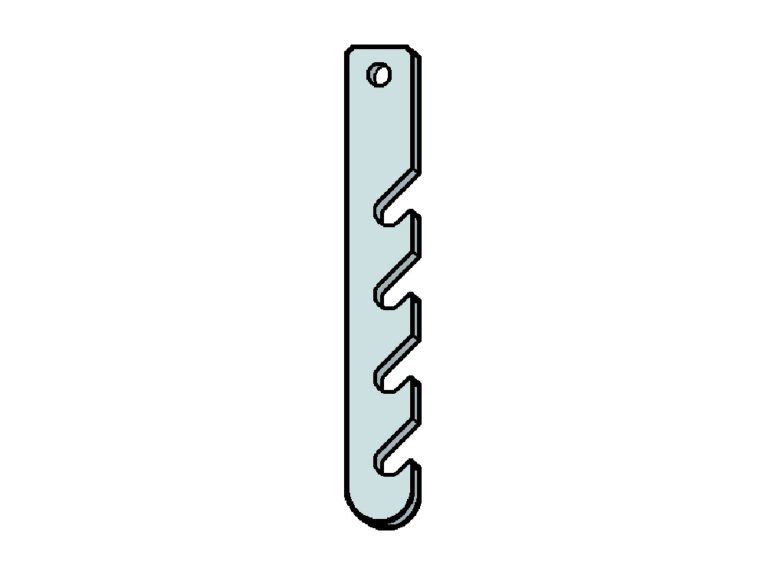faire le malin
The French phrase “faire le malin” translates literally as “to make the clever (person),” but it really means “to show off,” “to play it smart,” “to try to be clever,” “to get cute,” or “to boast.” It can also mean “to con” or “to cheat.”
Examples
- Il fait le malin devant les filles mais il ne fait pas beaucoup avancer les choses (He’s a smart aleck in front of the girls, but he doesn’t get much done)
- Tu feras moins le malin quand la police se sera rendue compte que tu leur as menti (You’ll be laughing on the other side of your face when the police find out you’ve been lying to them)
- Fallait qu’ils jactent, qu’ils fanfaronnent, qu’ils racontent tout fort leurs petites astuces cheloues, pour faire les malins (They had to jabber, they had to boast, they had to talk loudly about their dodgy little tricks, in order to show off)
Expression
A saying that is derived from this phrase is “qui fait le malin tombe dans le ravin,” which means “he who gets cute falls into the ravine.”






